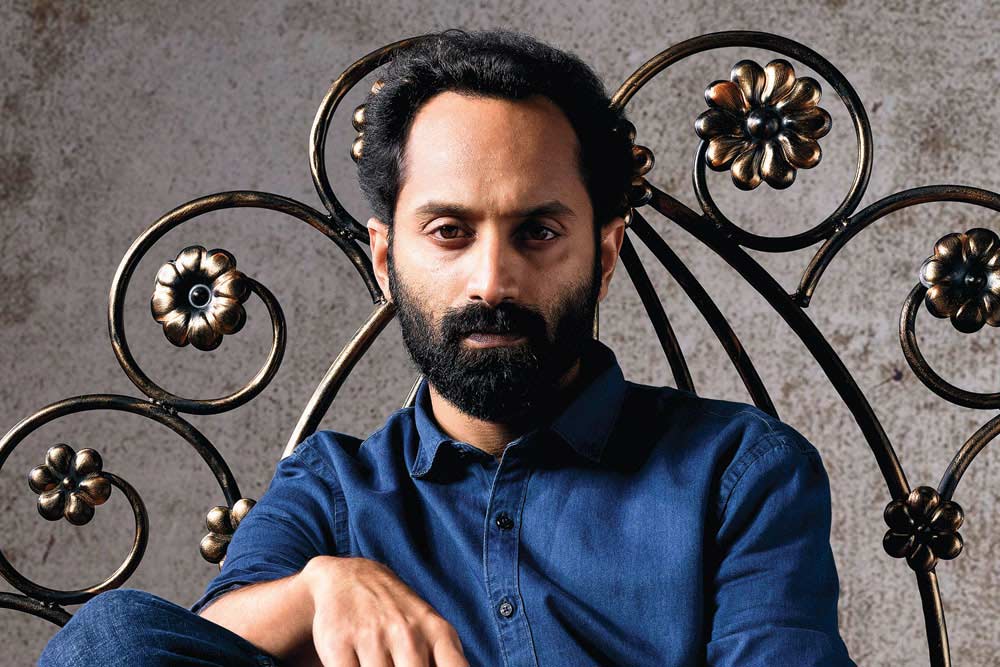Fahadh Faasil diagnosed with ADHD
Fahadh suffering from rare disorder

Malayalam actor Fahadh Faasil has revealed that he was clinically diagnosed with Attention Deficit Hyperactivity Disorder (ADHD) at the age of 41. This revelation has prompted discussions about adult ADHD and the importance of normalizing conversations around it to improve management and support for those affected.
Addressing school students, Faasil shared, “When I reached here, Mr. Sabith accompanied me while touring the facilities. There is a disorder called ADHD. I asked him if it was possible to cure ADHD. He told me it is easily curable if it is diagnosed during childhood. I asked him if it can be cured if diagnosed at 41. I am clinically diagnosed with ADHD. Even if it’s not that big, I too have some traits of the disorder.” Although ADHD is commonly associated with children, it often goes undiagnosed and continues into adulthood.
ADHD is a neurodiverse condition that affects behavior and social interaction. Individuals with ADHD may seem restless, have trouble concentrating, and act impulsively. Most cases are diagnosed in children under 12 years old, but symptoms can be less apparent and diagnosed later in adulthood.
The cause of ADHD is unknown, but it can have a genetic component. It is more common in individuals who were born prematurely or whose mothers smoked or abused alcohol during pregnancy. Research indicates that certain areas of the brain may be smaller or larger in those with ADHD.
ADHD in adults is a complex and often misunderstood condition that requires a nuanced approach to diagnosis and management, as it can impact professional performance, personal relationships, and mental health.




 Salman Khann leaving no stone for Sikander
Salman Khann leaving no stone for Sikander Deepika Padukone playing this role in Kalki 2898AD
Deepika Padukone playing this role in Kalki 2898AD